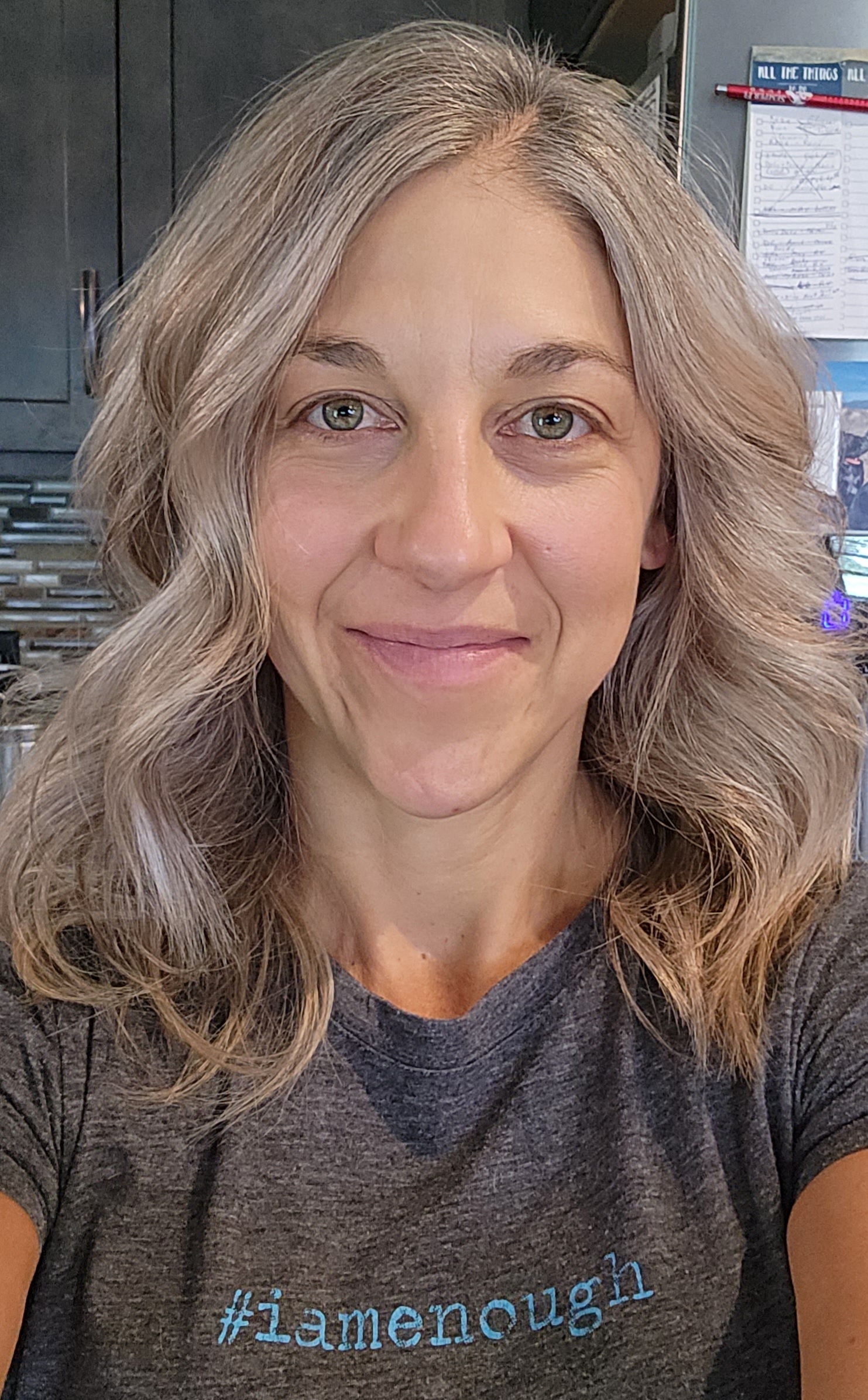How to Get Comfortable with Being Uncomfortable: Know the Difference Between Soul-Sucking vs Transformative Discomfort in Life
- Kori Propst Miller, PhD

- Aug 6, 2023
- 4 min read
Updated: Sep 13, 2024
How do you know the difference between discomfort that is soul-sucking and is pushing you off a cliff into the abandonment of your authentic, vibrant, magnetic Self and the discomfort that is drawing you into a deeper, fuller, more expansive connection with your truest nature and soul?
In a recent coaching session, my client shared with me how proud she felt of herself for making it two weeks without smoking. She'd done the deeply reflective work of not just identifying the reasons she no longer wanted smoking in her life, but also how it had become a barrier to her expression, genuineness, truth, vibrancy, and creativity.
The 2-week road she'd traveled was uncomfortable. She went through many physical changes including nausea and stomach pain, while also experiencing significant emotional and mental shifts. On the path, she'd learned to reframe the discomfort from something she needed to get away from and solve/fix/change to viewing it as her body healing, purging from its system what doesn't serve it. With this perspective shift, she was able to be flexible with the symptoms, honoring them, and welcoming them. Because she also could reassure herself that they would end. They would not last forever, and when they would cease, she would be a different version of herself... a version with the knowledge of her capacity to weather discomfort, and the discernment with which to meet it.
While all this felt true for her, so too did her sense of fear. "I feel scared," she revealed to me. "I'm so happy that I've quit, but I also feel scared of being sober."
Soul-Sucking vs Transformative Discomfort
She was in an uncomfortable and revealing place. This unpleasantness she was feeling was an indicator light inviting her to pay attention.
This was not discomfort causing her to hide, pretend, or devalue her deepest desires and aspirations, values, and priorities. It was the opposite. It was showing up to lead her to those things, and to the still, small place inside her brimming with her most cherished needs and energies.
I asked her to sit with the following reflections, with a non-judgmental stance, open, understanding, patient, and letting the answers arrive in whatever ways they wanted:
What is life asking of me, coming to me with this fear?
What might I be required to do/feel/experience now, as a sober person, without the substance?
What might I need to learn in order to be in this life without that behavior?

Understanding how to get comfortable with being uncomfortable is complex. Life is a tapestry woven with both joys and challenges. Like my client is experiencing, we encounter unpleasant situations that invite us to evaluate and acknowledge our resilience and authenticity. Amidst these difficulties, a subtle yet profound distinction emerges - the contrast between soul-sucking unpleasantness that leads to abandoning our true nature and soul and the transformative unpleasantness that opens us into a deeper connection with our authentic self.
Unraveling Soul-Sucking Discomfort: Soul-sucking discomfort is a state where we feel overwhelmed and disconnected from our authentic essence. It arises from various sources, such as toxic relationships, unfulfilling jobs, or living out of alignment with our values and passions. This soul-sucking unpleasantness can manifest in:
Feelings of emptiness and purposelessness.
Repetitive patterns of dissatisfaction and discontent.
Loss of vitality and joy in daily life.
Suppressing one's true emotions and desires to conform.
Recognizing Transformative Discomfort: In contrast, transformative discomfort is a sign of growth and self-realization. It emerges from facing life's challenges with a willingness to explore our inner landscape and embrace discomfort as a catalyst for positive change. The transformative unpleasantness leads to:
Deep introspection and questioning of life's meaning and purpose.
An urge to break free from limiting beliefs and societal conditioning.
A profound sense of discomfort that signals the need for change.
Embracing vulnerability as a path to authentic self-discovery.
Embracing the Dance of Authenticity and Growth: As we discern between soul-sucking and transformative unpleasantness, we must learn to embrace the intersection between authenticity and growth. This involves:
Listening to Our Inner Voice: Cultivating a practice of self-reflection and mindfulness allows us to discern whether our unpleasant experiences are urging us to return to our true nature or break free from toxic environments, people, behaviors, or mindsets.
Nurturing Self-Compassion: Accepting that unpleasant moments are part of the human experience helps us cultivate self-compassion, leading to greater resilience during challenging times.
Welcoming Vulnerability: Embracing vulnerability opens the door to self-awareness and the ability to acknowledge areas in our lives that need transformation.
Honoring Our Boundaries: Recognizing and setting healthy boundaries protects us from soul-sucking influences and guides us toward a more authentic path.
Reflective Questions:
When faced with unpleasantness, do I feel disconnected from my true nature and soul, or do I sense an opportunity for self-realization and growth?
How can I differentiate between unpleasant experiences that are leading me away from my authentic self and those that are guiding me toward it?
What practices can I incorporate into my life to nurture self-awareness and self-compassion during challenging moments?
As I support my clients with navigating the complexities of life, and as I do this for myself, it's imperative we recognize the nuances between soul-sucking unpleasantness and transformative discomfort. How do you tell the difference for yourself? Do you notice that you can feel both safe and connected while at the same time uncomfortable?
Please share your thoughts!





Comentários